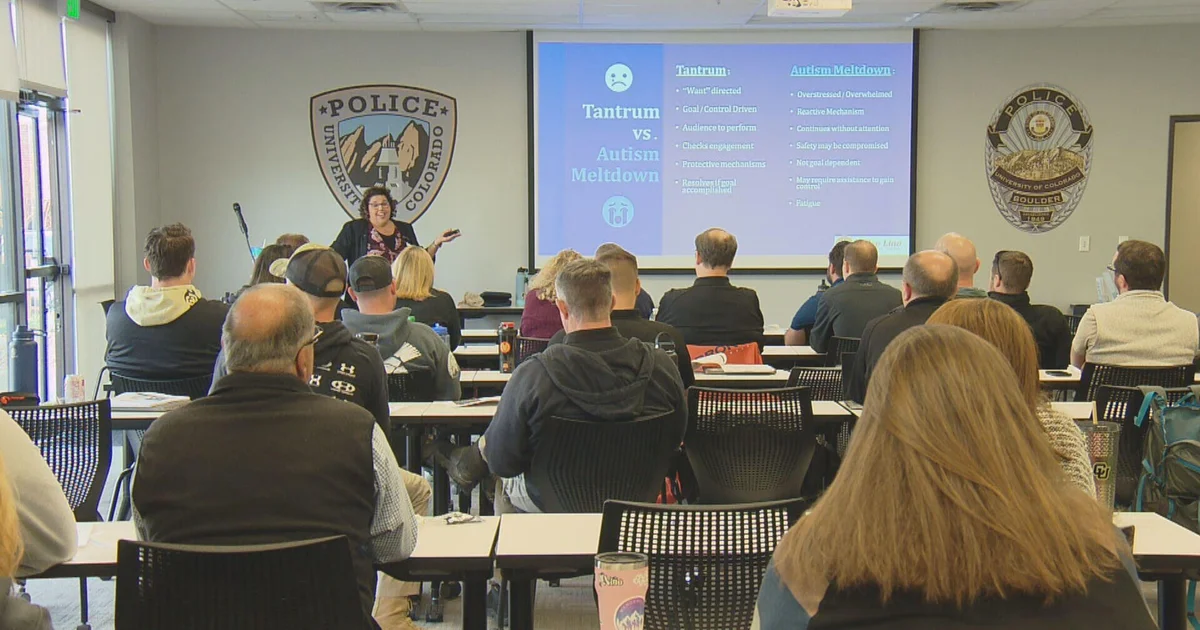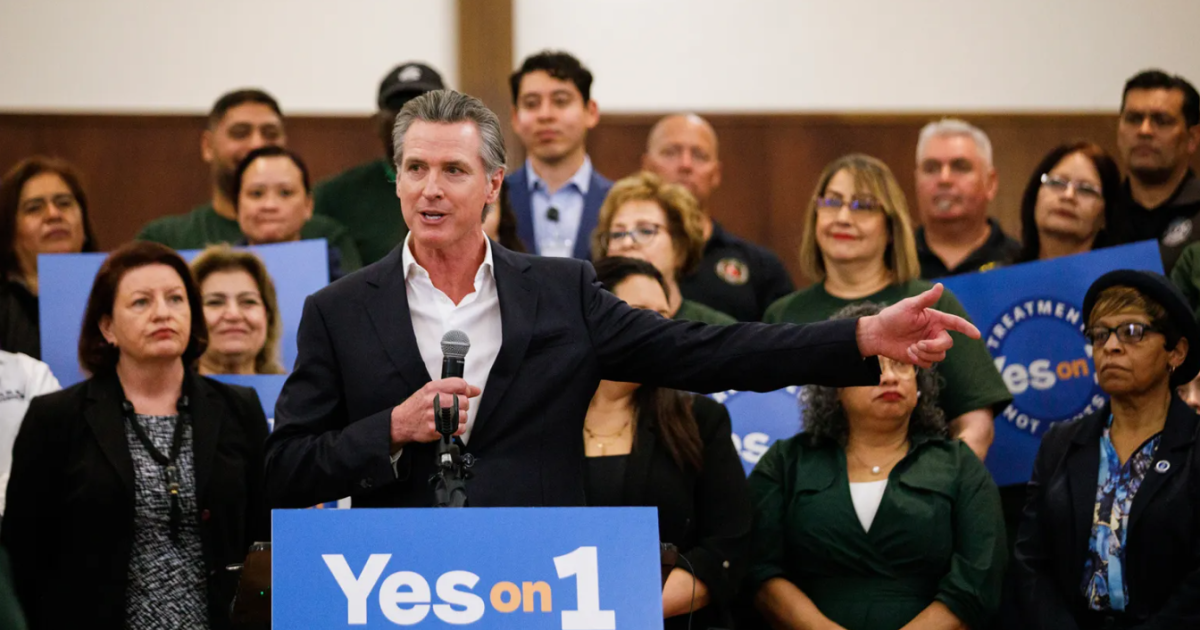Tennessee’s proposed legislation, Akilah’s Law, is intended to strengthen gun control measures by holding individuals accountable for transferring firearms to those with mental health issues. Named after Akilah Dasilva, who was a victim of a mass shooting in 2018, the bill has garnered bipartisan support but has also prompted serious concerns from mental health advocates.
Representative Shaundelle Brooks, who introduced the bill, aims to prevent future tragedies by making it a Class A misdemeanor to knowingly transfer firearms to anyone who has been a patient in a mental institution within the last five years. This legislation mirrors an Illinois law that led to the prosecution of the father of the Waffle House shooter, who returned guns to his son despite his mental health history.
Brooks argues that parental responsibility in gun ownership can prevent similar incidents. During a House Criminal Justice Subcommittee meeting, she stated, “My son Akilah would still be here today if the parents of the perpetrator had followed the instructions of law enforcement, the judicial system, and medical professionals.”
While the bill has gained traction, mental health experts are voicing concerns about its potential negative effects. Elliot Pinsly, CEO of the Behavioral Health Foundation, warns that the legislation could discourage individuals from seeking mental health treatment. By broadly defining “patient” and “mental institution,” the bill could include those who receive routine mental health care. Pinsly noted that individuals who own firearms might avoid necessary treatment to protect their access to guns, potentially leading to higher rates of suicide and homicide.
Brooks’s proposal has sparked discussion among lawmakers about a more balanced approach to gun control and mental health. Another bill, sponsored by Senator Heidi Campbell and Representative Bob Freeman, seeks to address gun transfers more specifically by prohibiting the transfer of firearms to individuals who are legally barred from ownership. This legislation does not cover non-sale transfers, like the case involving the Waffle House shooter.
Democrats in the Tennessee legislature are navigating these complex issues with sensitivity towards Brooks’s personal connection to the legislation. Despite differing opinions on the specifics, many lawmakers express their support for Brooks and her mission. Senator Raumesh Akbari remarked, “She has a very personal, heartbreaking reason for pursuing this legislation, so I want to defer to her.”
As discussions continue, both Brooks’s and Campbell’s proposals highlight the ongoing struggle to balance gun rights with public safety and mental health considerations. The 2023 Covenant shooting has heightened awareness and urgency around gun control measures, prompting lawmakers to seek effective solutions. However, as the legislative session progresses, the future of Akilah’s Law remains uncertain, with potential amendments being discussed to better align it with mental health needs while preserving its original intent.
Brooks remains committed to advancing Akilah’s Law. A spokesperson for her office reaffirmed that the bill is based on existing legislation in Illinois, emphasizing the need for accountability in gun ownership.
The conversation around Akilah’s Law brings to light the critical need for effective gun control that does not inadvertently hinder access to mental health care. As Tennessee lawmakers work to find a path forward, the balance between protecting Second Amendment rights and promoting mental health will be essential in shaping future legislation.



